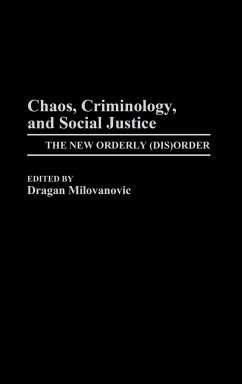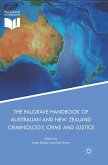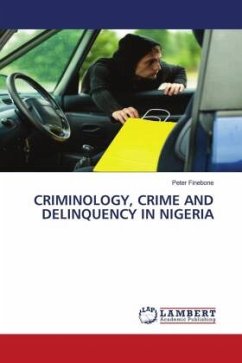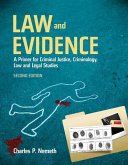Chaos theory challenges the presumption that the cosmos is orderly, linear, and predictable-but it does not imply pure randomness and chance events. Rather, chaos-informed postmodernist analysis introduces a new vision by celebrating unexpected, surprise, ironic, contradictory, and emergent elements. Scholars in many disciplines are taking this perspective as an alternative to the entrenched structural functionalism and empiricism rooted in linear science. In the early 1990s studies began to emerge applying chaos theory to criminology, law, and social change. This book brings together some of the key thinkers in these areas. Part I situates chaos theory as a constitutive thread in contemporary critical thought in criminology and law. It seeks to provide the reader with a sensitivity to how chaos theory fits within the postmodern perspective and an understanding of its conceptual tools. Part II comprises chapters on applying the chaos perspective to critical criminology and law and, beyond, to peacemaking. Part III presents studies in chaos-informed perspectives on new social movement theory, social change, and the development of social justice. While the book emphasizes the usefulness of the conceptual tools of chaos theory in critical criminology and law, its ultimate goal goes beyond theory-building to provide vistas for understanding the contemporary social scene and for the development of the new just society.
Hinweis: Dieser Artikel kann nur an eine deutsche Lieferadresse ausgeliefert werden.
Hinweis: Dieser Artikel kann nur an eine deutsche Lieferadresse ausgeliefert werden.








